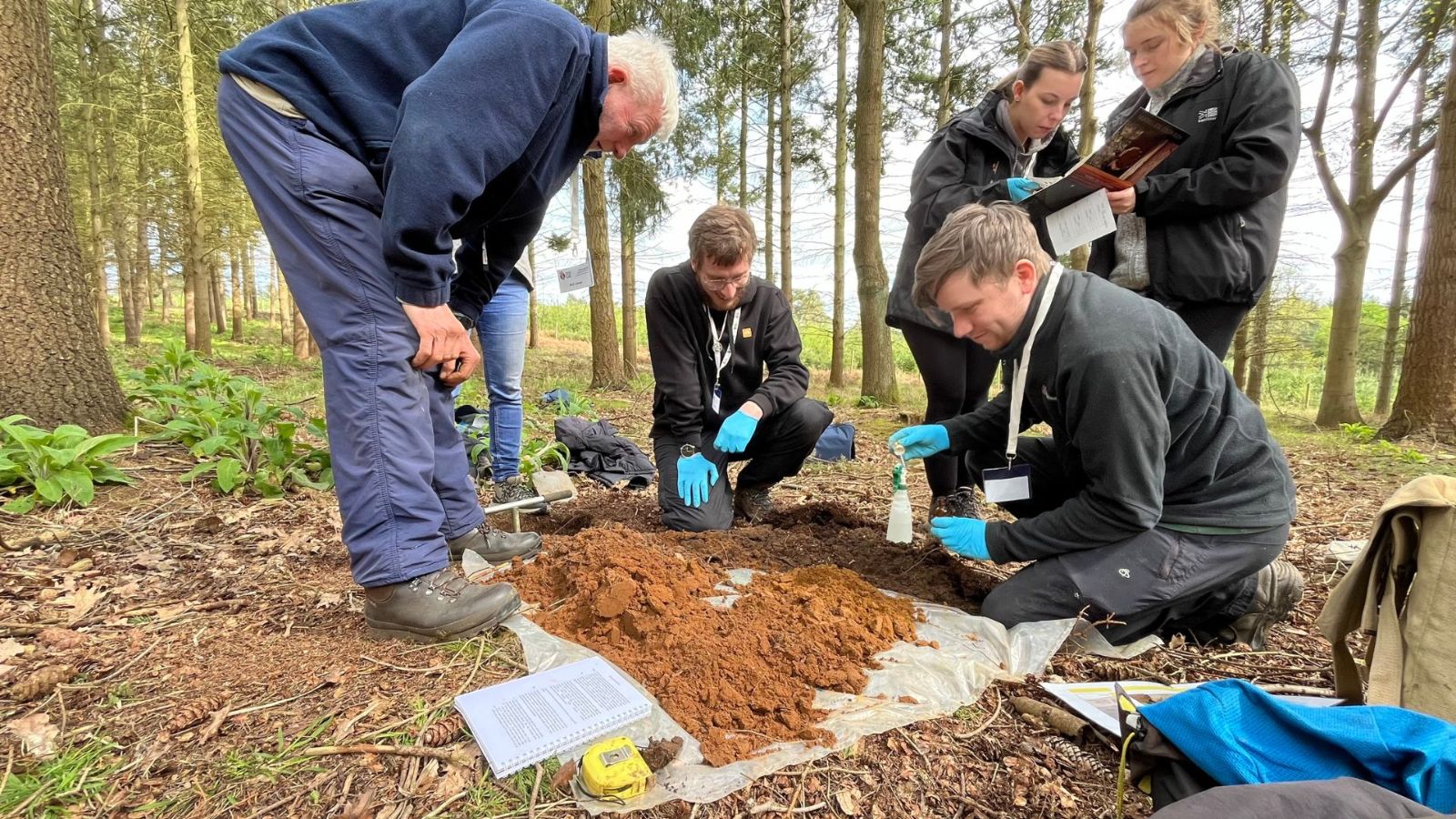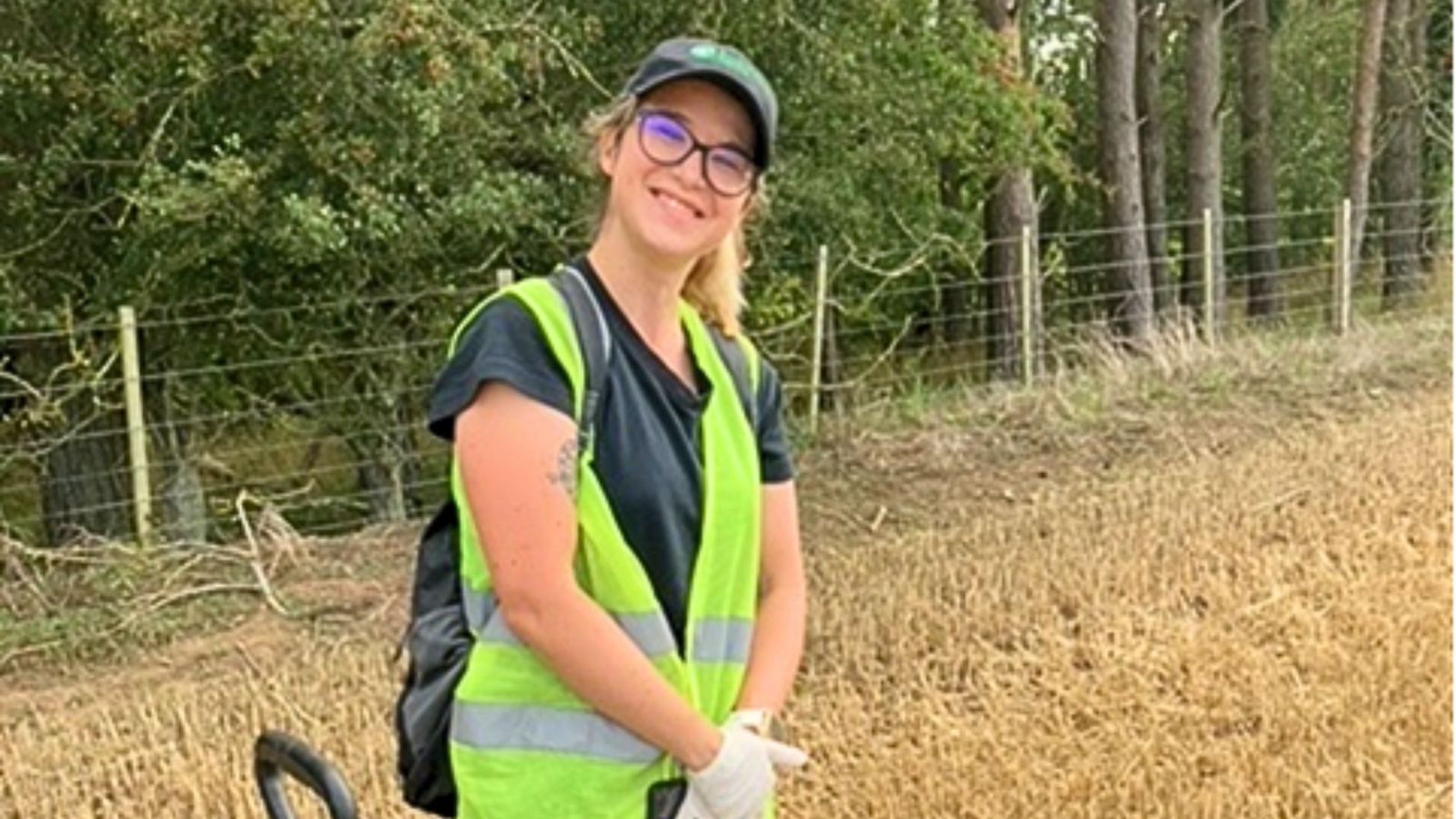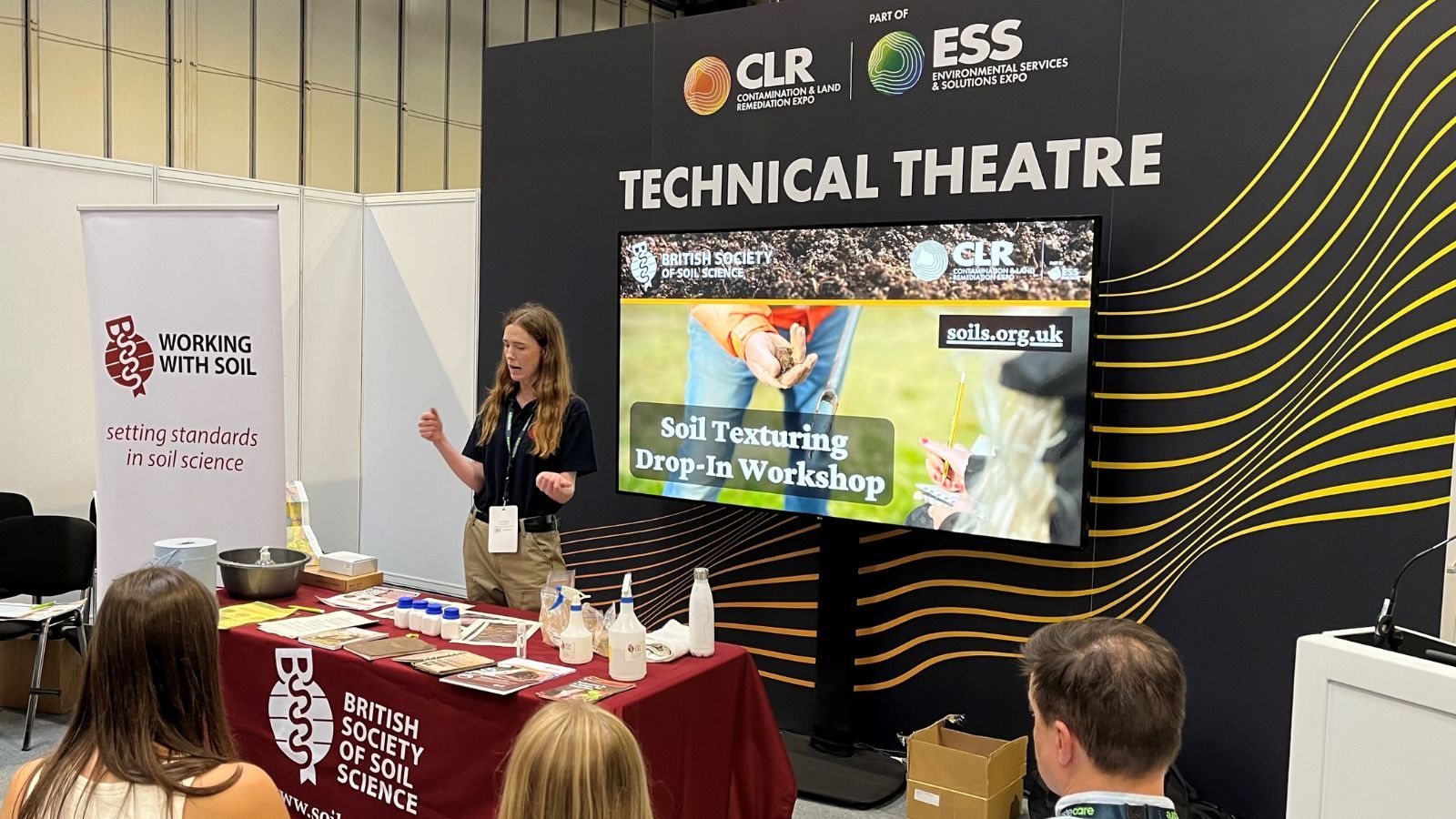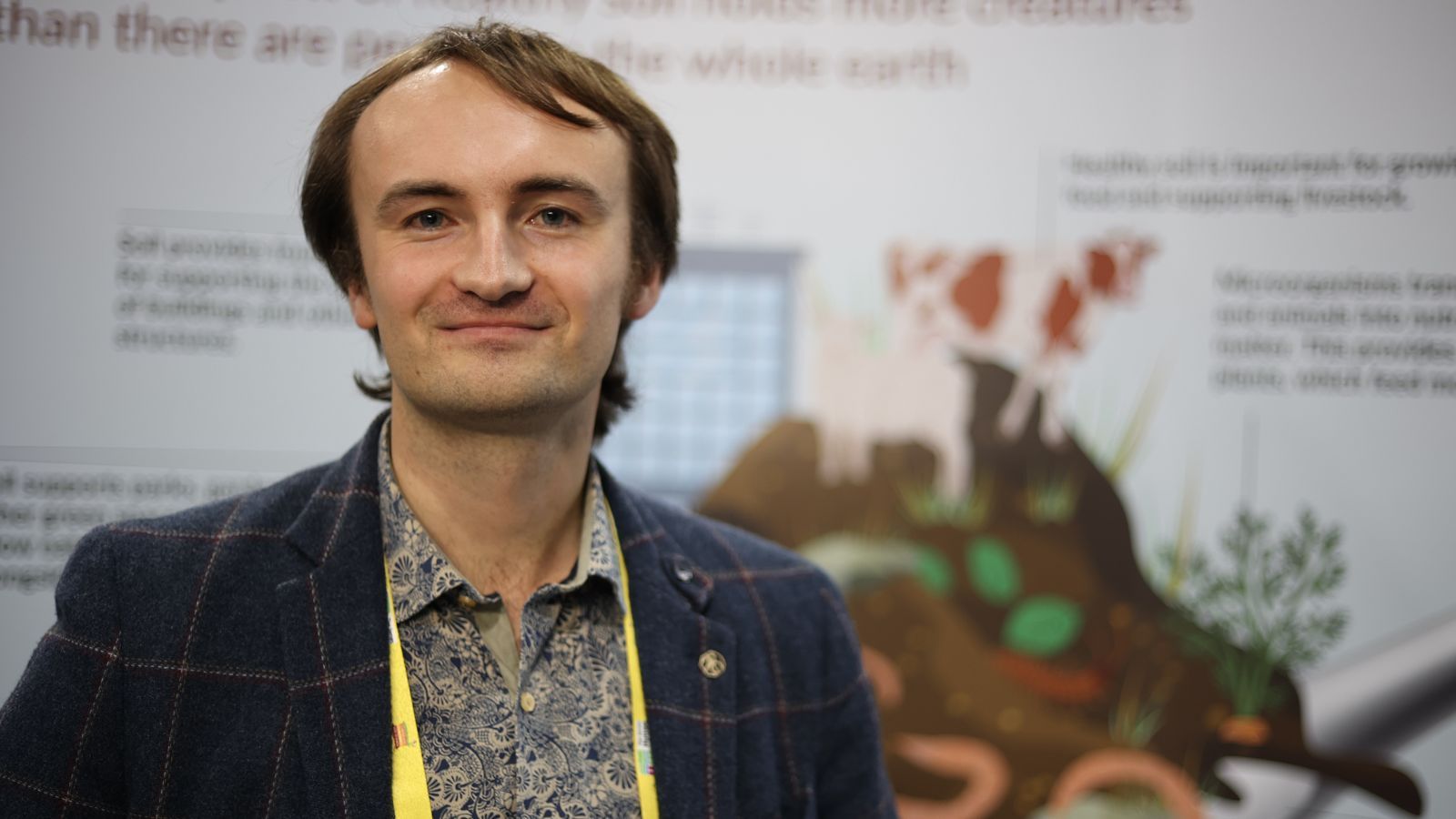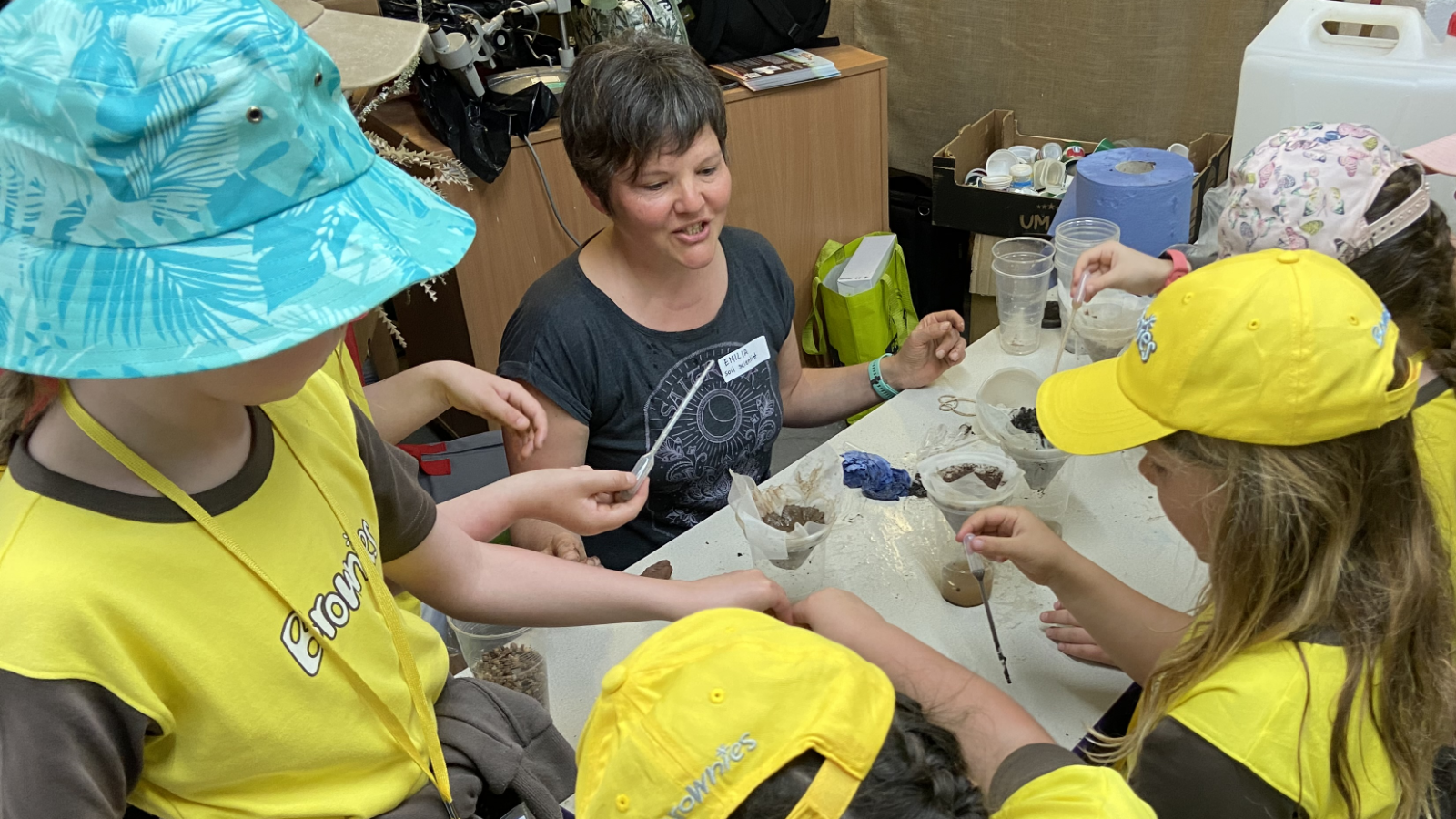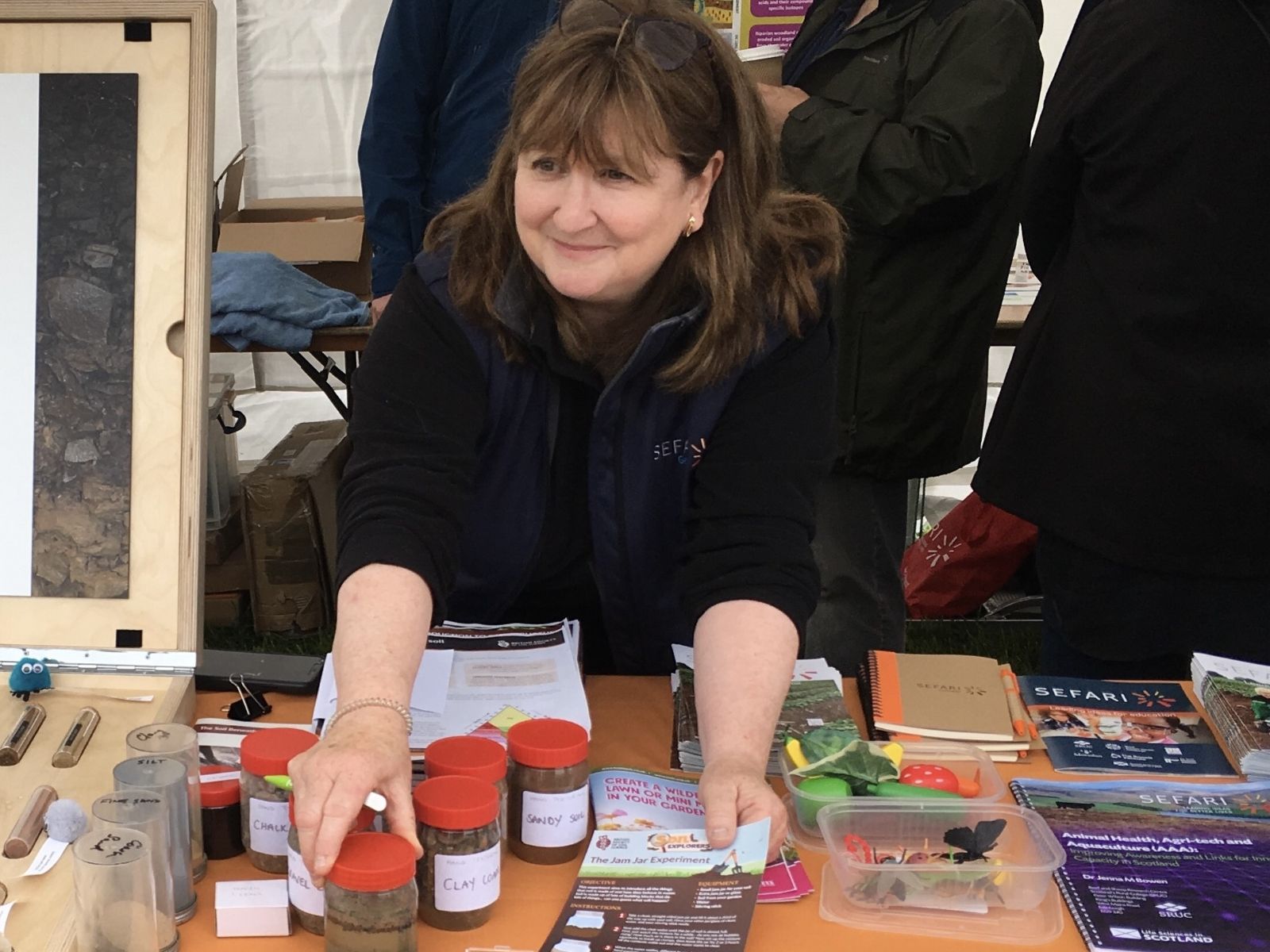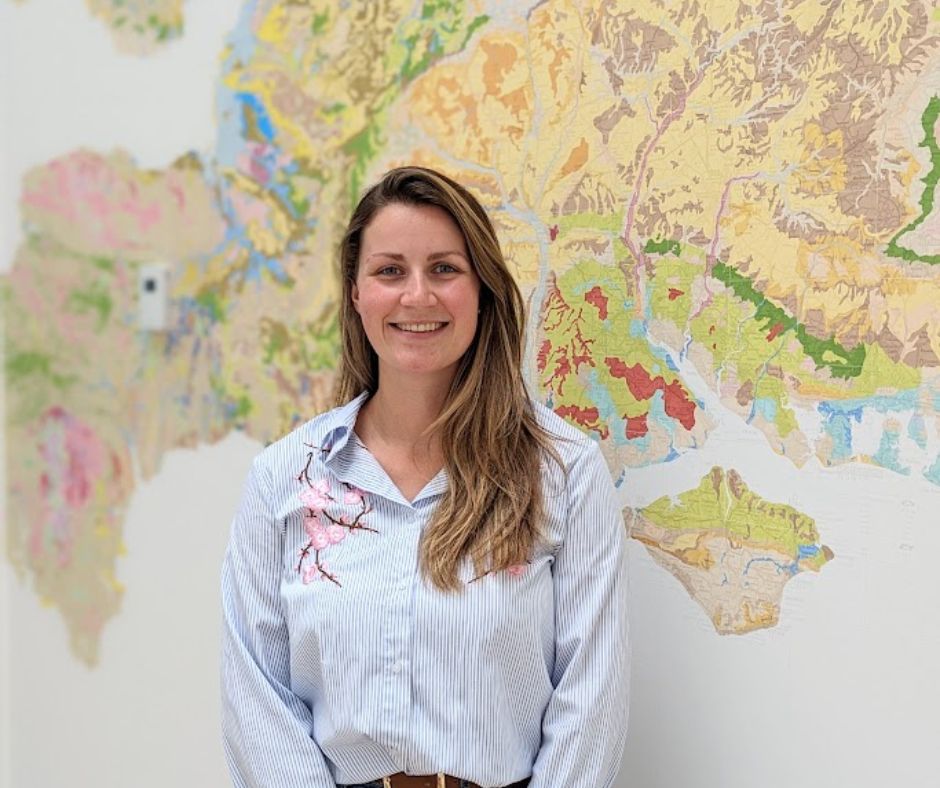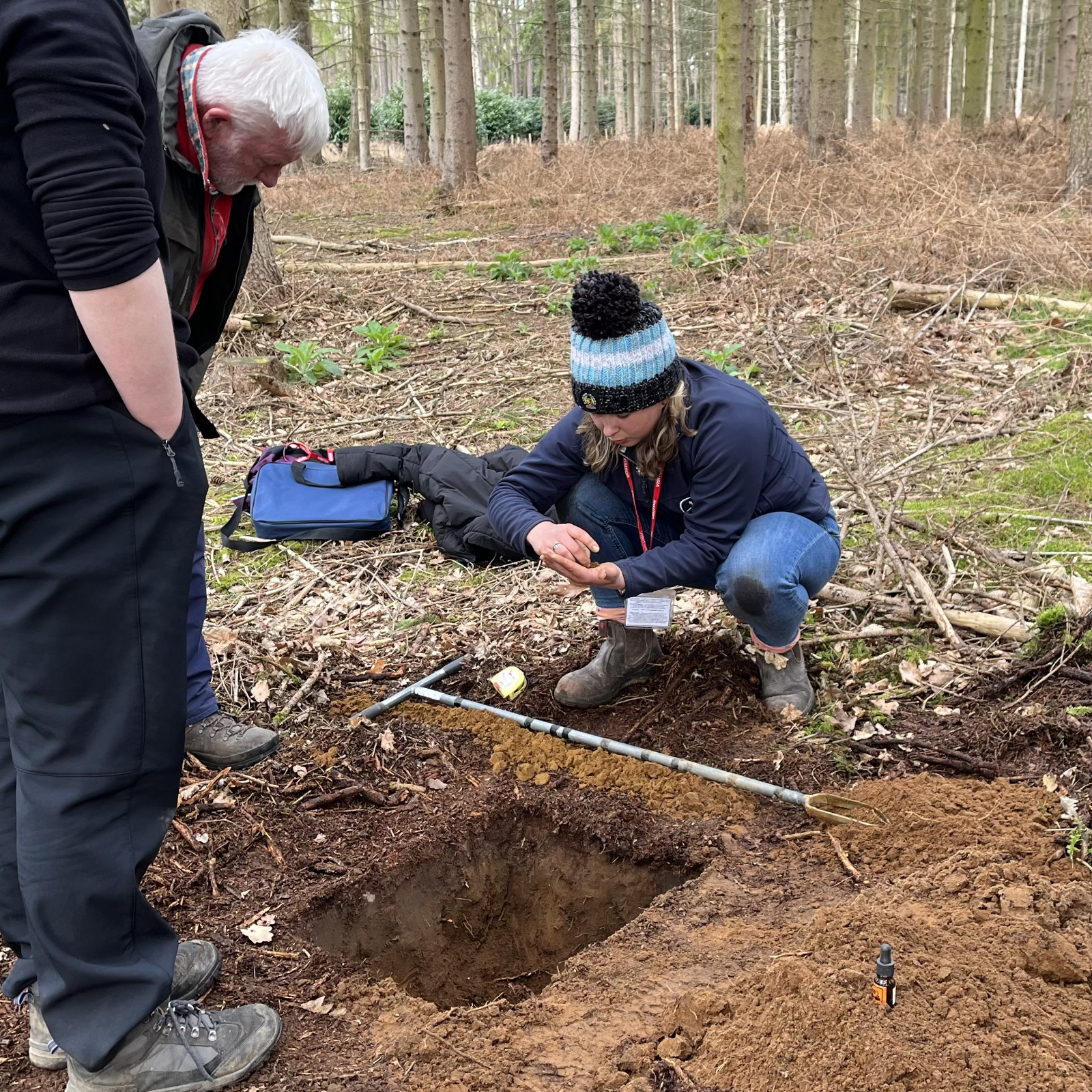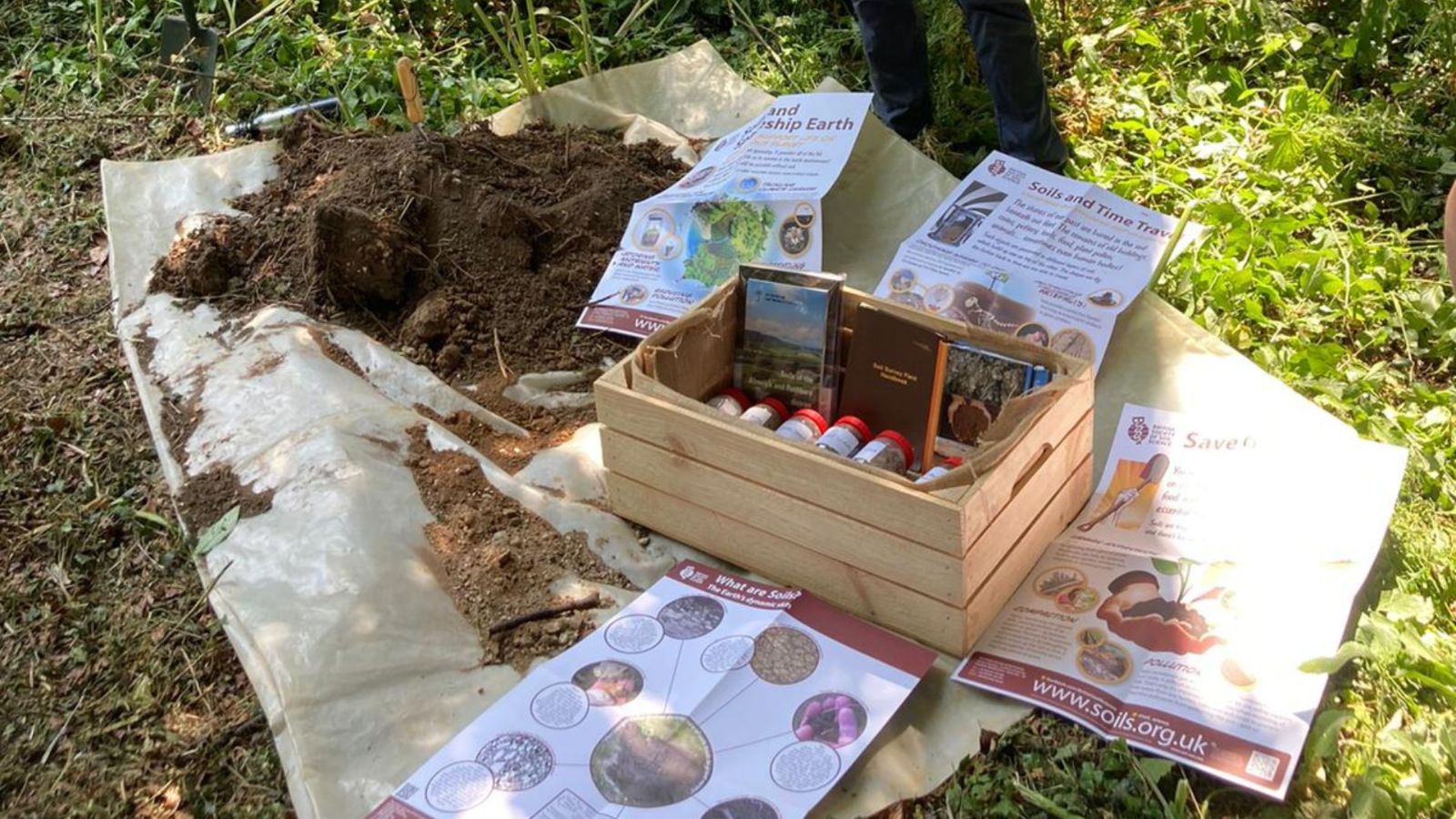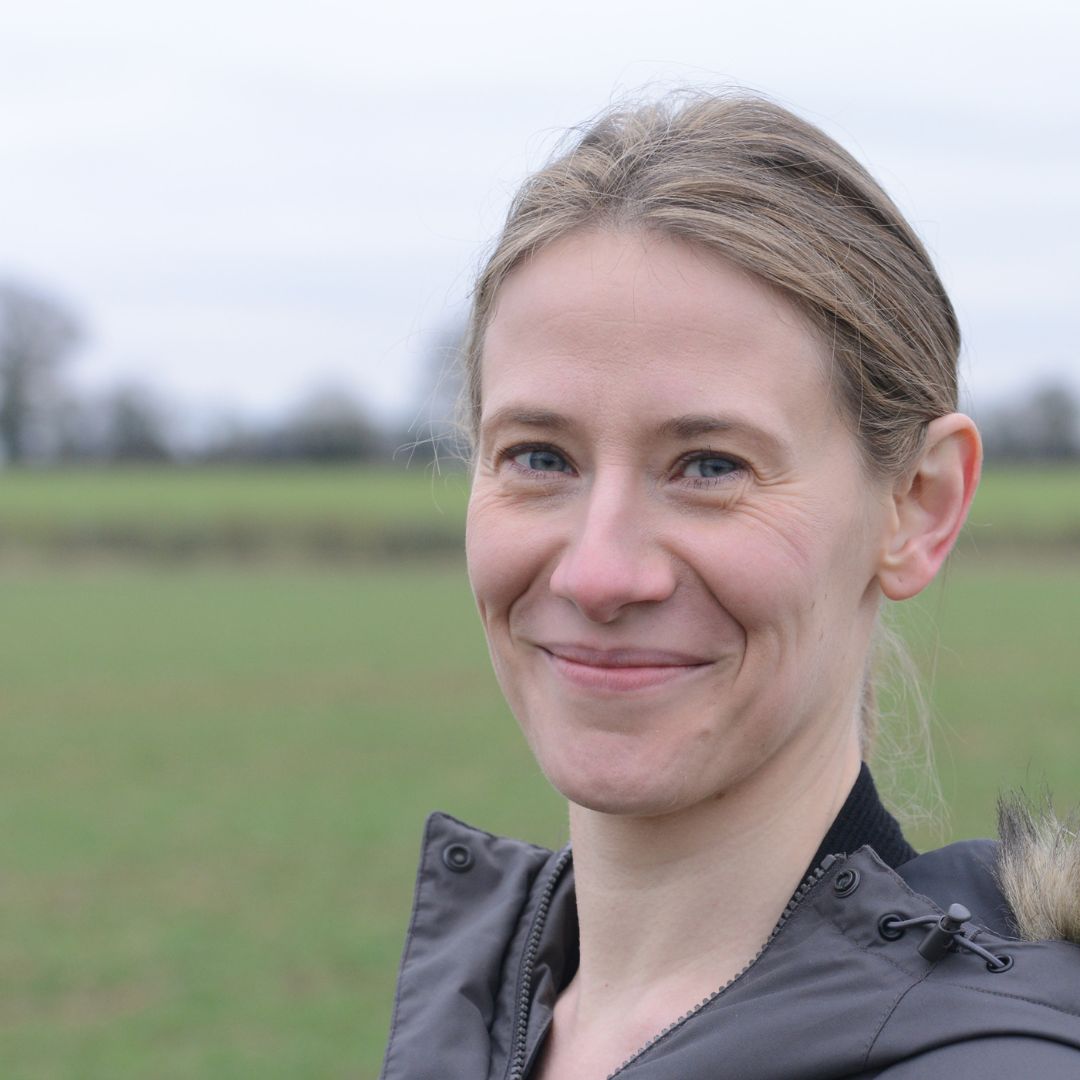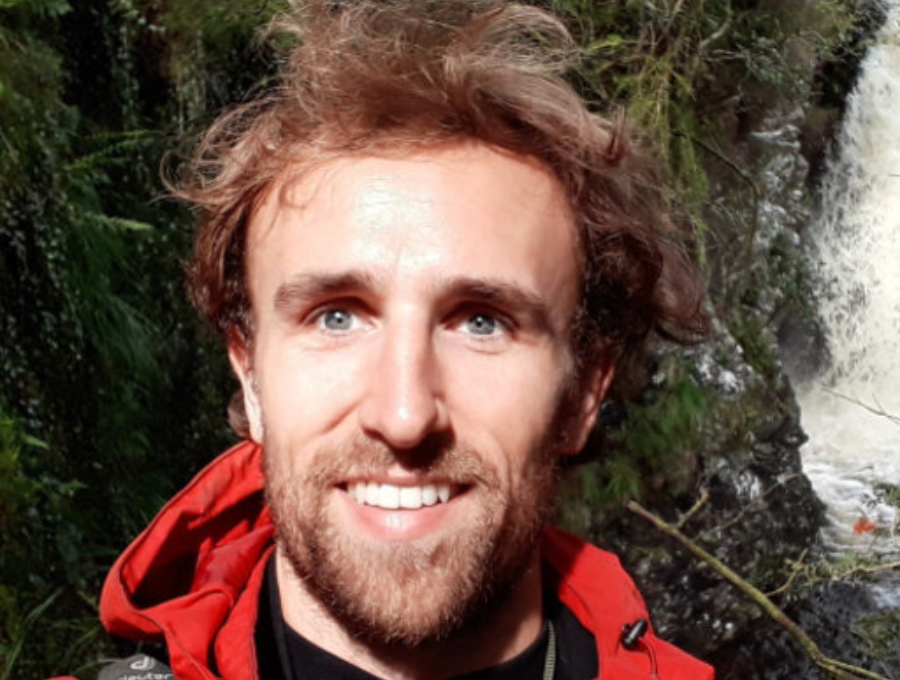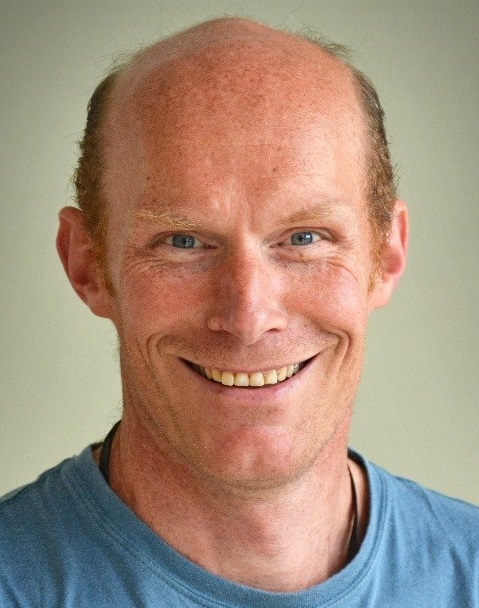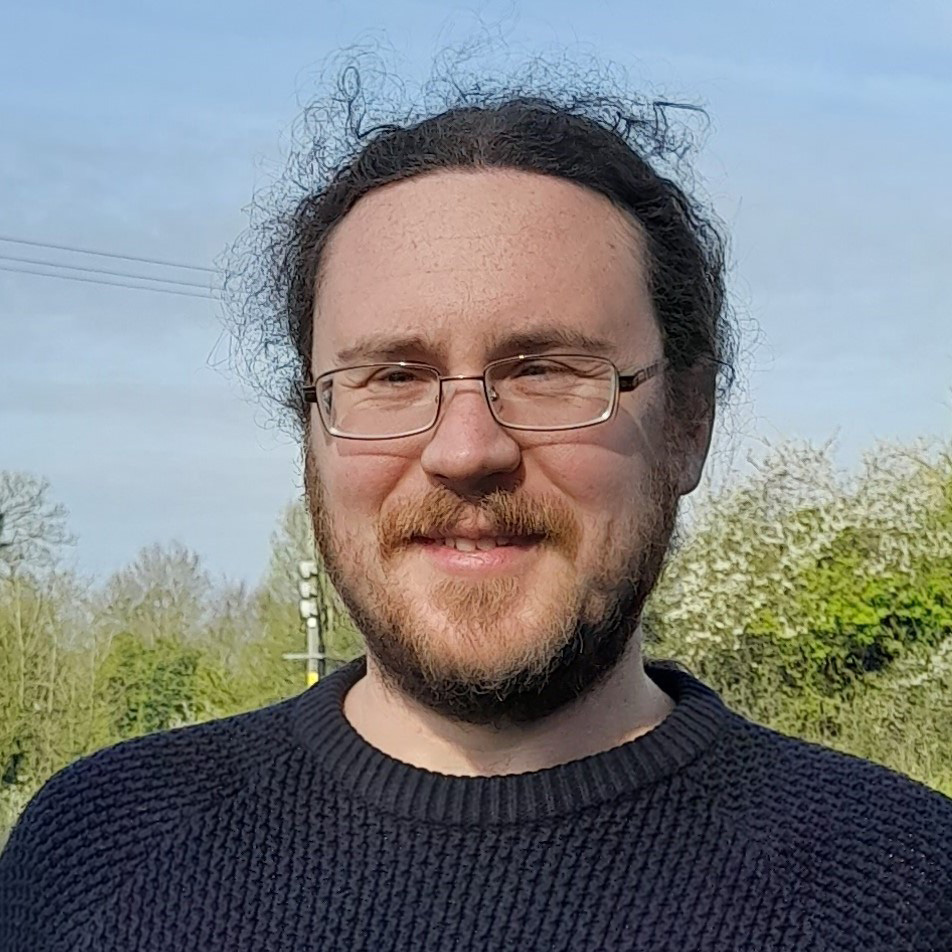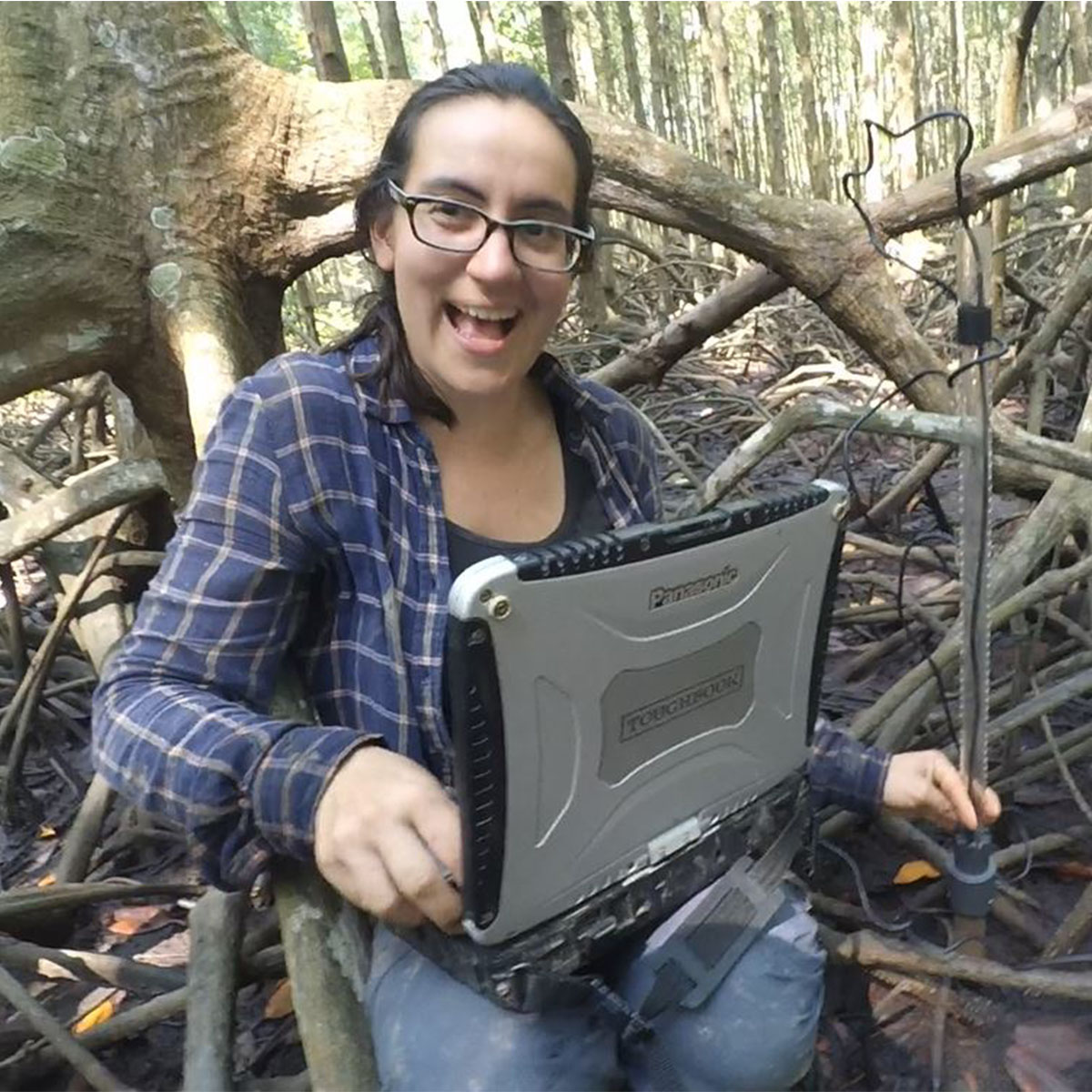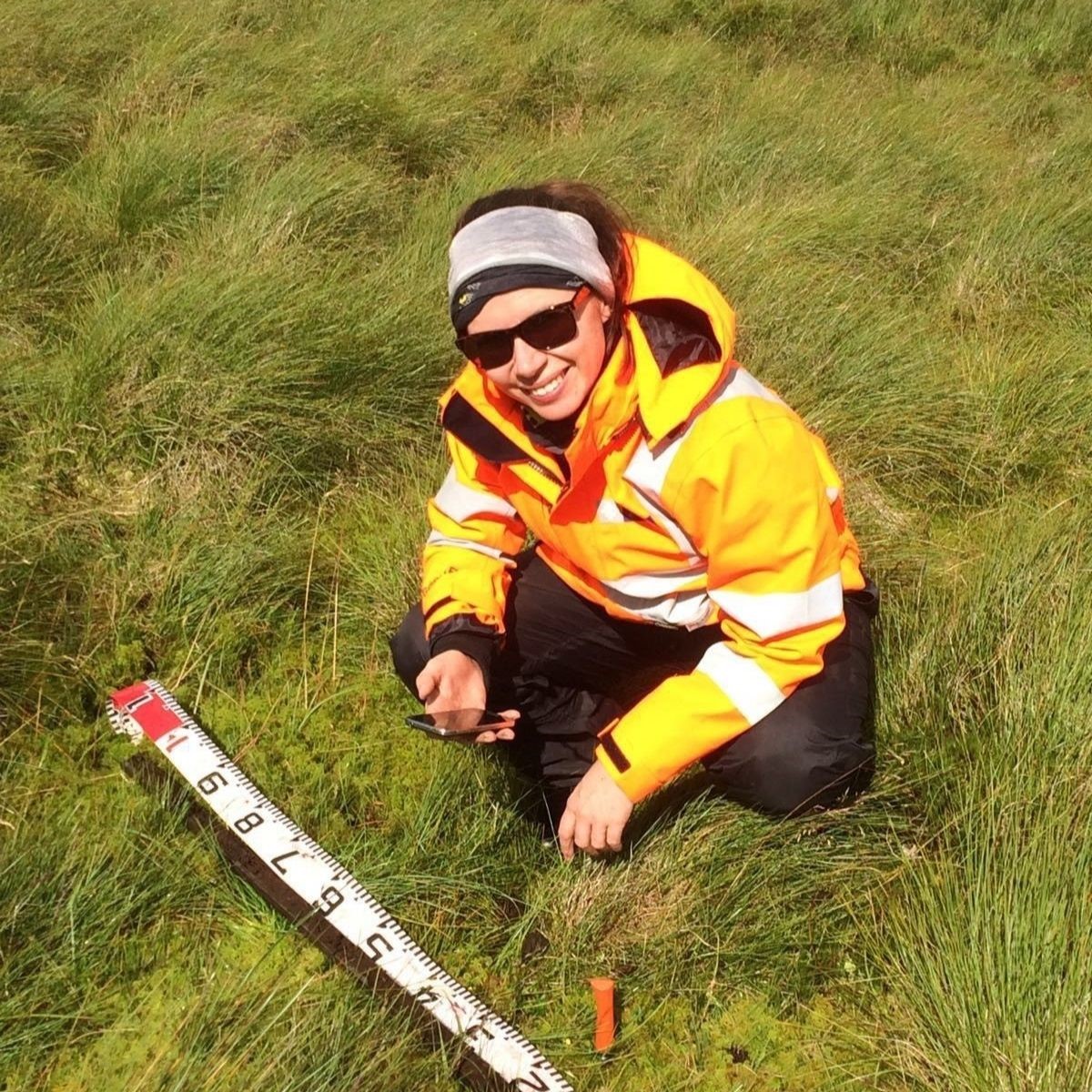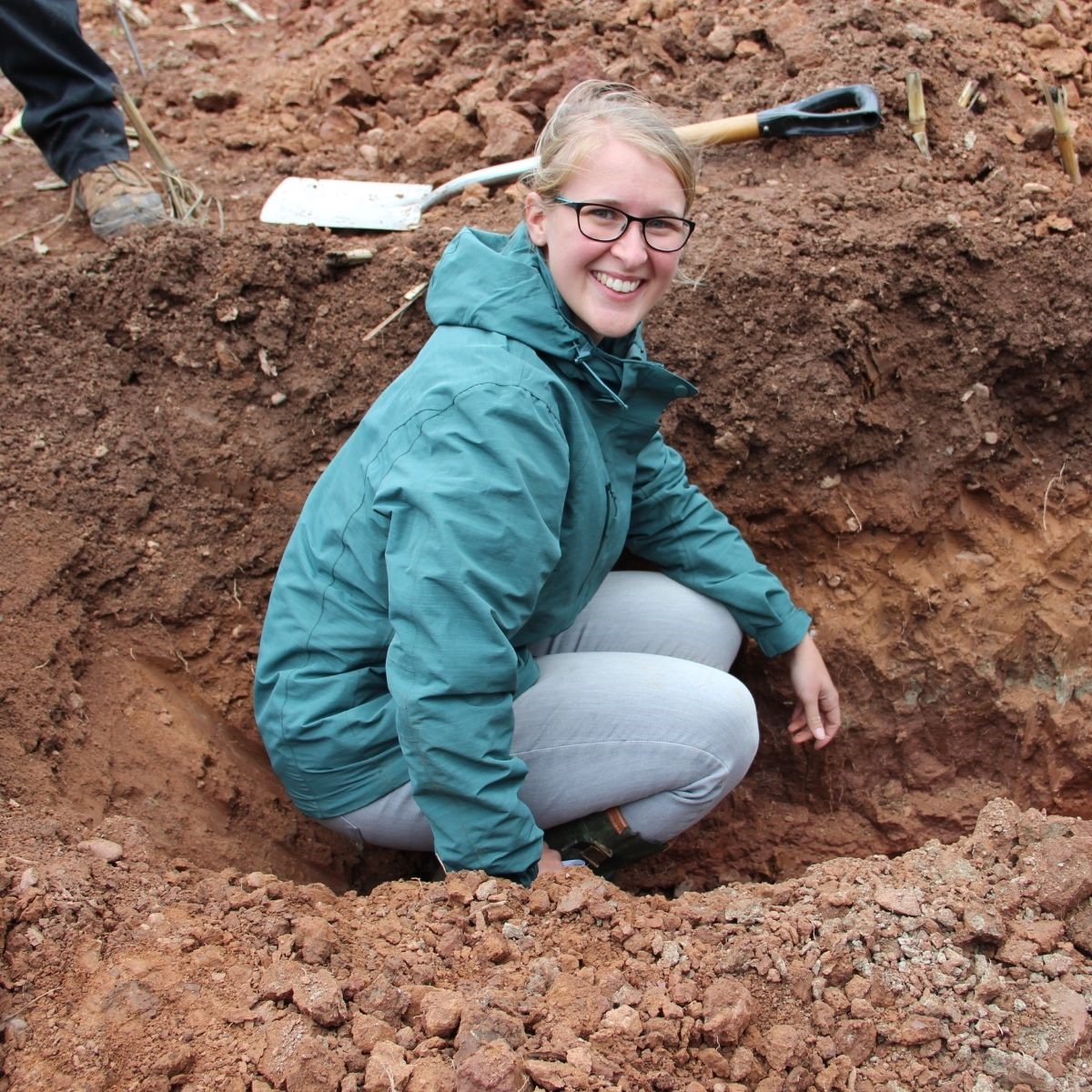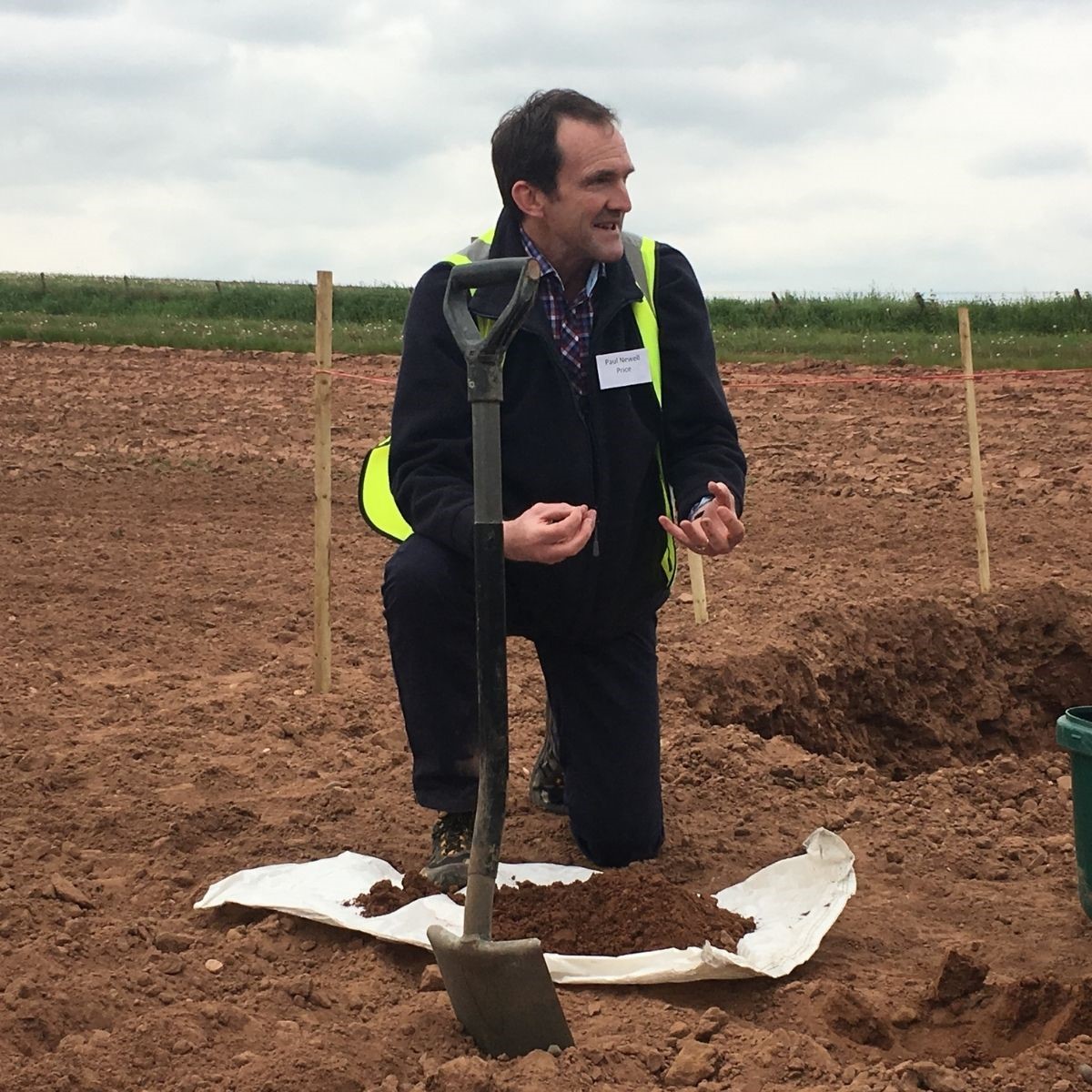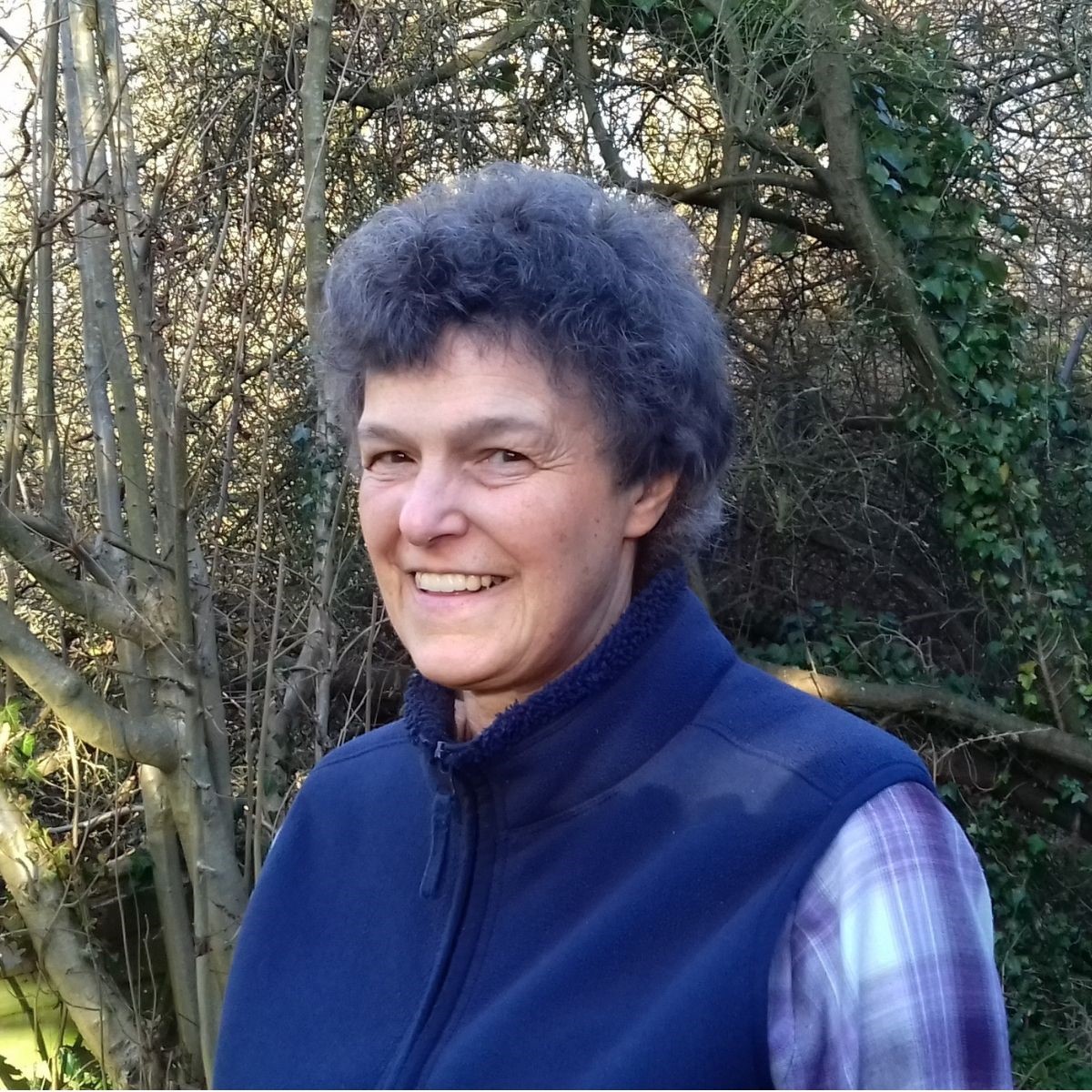Which organisation do you work for?
Hawbush Community Gardens and Chair of Trustees (Charity number – 1170413)
An introduction…
I rather stumbled into Soil Science at Newcastle University, having first opted for Medicine, with the possibly misguided aim of wishing to do “something useful” in my life. Subsequently, as a failed Medical Student, Soils/Agriculture seemed a good option since I had always loved gardening and any connection with farming.
I found my Soils and Agriculture studies fascinating and, in contrast to my time at Medical School, I was able to commit to the necessary effort, with enjoyment. I particularly enjoyed the opportunity for practical application of my soils studies which led me into summer holiday working on farms in Bedfordshire and Somerset.
At first, unable to find an ideal graduate employment opportunity, I worked for several months as a dairyman at a farm in Northumberland attached to a special school for youth offenders. My education and early employment experience, together, proved an ideal grounding for a career as an advisory Soil Scientist in ADAS and, even now in retirement, for my work with two Black Country community projects.
Can you describe your work in general? And what are you currently working on?
I first became involved in a church-based community support project aimed at helping struggling families in an area of high unemployment, social deprivation, antisocial behaviour – helping with debt issues, crisis management, CVs, job applications and food bank; in an attempt to help families with improved nutrition through sourcing fresh fruit and vegetables, I later started work at Hawbush Community Gardens (HCG).
The work at HCG developed significantly with links to different groups, including local schools (gardening club, soils workshops, lessons on growing and visits to the Gardens), special needs students (sensory garden project), Dudley Youth Offenders Service, family support referrals from Social Services.
We also run family fun events in school holidays and have recently been awarded a grant towards our “Growing in the Community” project via Dudley MBC voluntary sector Innovation Fund. Incidentally, freshly dug potatoes were, at first, regarded with suspicion by some food bank visitors in 2017, but are now very popular; and HCG tomatoes, especially so!
Why List 5 things that make your job interesting…
- New challenges – constantly pushed beyond my “comfort zone” is exciting and prevents stagnation and, hopefully, becoming boring!
- Meeting people in poverty, some with crushing problems, can be difficult and challenging; but also a privilege and a joy, where help is possible.
- Contact with enquiring, school-age children is exhilarating, but exhausting!
- Good to find my soils knowledge and experience can still make a difference.
- Now growing my own crops and learning what I didn’t know as a consultant soil scientist!
Can you recommend any information resources that have been useful for you in your work?
In my specialist field of wastes and manure management I have always found the community of the “muck specialist”, not only a great and wide source of information, invaluable experience and potential collaboration but of warm and lasting friendship. This is nowhere exemplified better than the excellent network RAMIRAN (Research Network on Recycling of Agricultural and Industrial Residues in Agriculture) which links researchers and consultants across Europe and, increasingly, the world (see website: http://ramiran.uvlf.sk/). Conferences/workshops held every two or three years have provided a great forum for information exchange and development, with associated published proceedings a valuable source of reference.
Could you tell us an interesting fact?
In view of my career-long association with organic manures, this has to relate to “MUCK”!
The total annual production of livestock manures in the UK for housed stock was estimated at ca. 90 million tonnes (Mt), in the 1990s (Smith & Chambers, 1998). Recent survey and research data were used to update these estimates, taking account of grazing or housing periods, including straw or other litter additions and partitioning between slurry and solid manures.
Total manure output for 2010 was thus estimated at 83 Mt, including 67 Mt manure from cattle (Smith & Williams, 2016); with potential financial value of this “muck”, well in excess of £200m/year!
What is the most exciting or interesting thing you have ever done?
After a life full of exciting and amazing experiences, including time not just visiting, but working in many countries around the world, I have to say the most exciting and wonderful experience has been to put my trust in God in following Jesus Christ as my Lord, with all that this entails.
It is especially wonderful to know that my failures (of which there are many) and weaknesses are not a problem and still used by our loving Father God – “My grace is sufficient for you, for my power is perfected in weakness”, 2 Corinthians 12 v 9.
Who would you most like to have dinner with, and why?
The soil science community across the world were shocked and deeply saddened by the untimely death of Professor Brian Chambers on the morning of August 30th 2014, at the age of just 53. I remember, too well, the huge sense of loss and grief as I took the phone call with this dreadful news – much too soon, the loss not just of an outstanding scientist and wonderful character, but to many, a very dear friend. Knowing the great pressure and extreme demands of his normal schedule, I had for some time avoided all but essential contact. How much would it mean to be able to catch up and say things, far too long left unsaid?
What advice would you have for anyone looking at a career in soil science?
This advice applies in any field of science and has served me well throughout my professional life.
Soon after graduation and early in my career as an advisory Soil Scientist, I had the misguided view that I knew quite a lot (at least in my expertise). Now considerably older and, hopefully, a little wiser, I have become increasingly aware of how little I really know or understand!
Sir Isaac Newton, perhaps one of the greatest scientists of all time, was once praised for his perspicacious “Laws of Motion”. He replied “I am like a small boy playing beside the sea; he takes his bucket and fills it with water; his little bucket of water is my theories; but before us all is the great Ocean of Truth”.
It is a humbling and beneficial truth to acknowledge the limits of our understanding; never any disgrace to admit uncertainty in the face of a difficult challenge, with the offer to “find out and come back later” with a more informed answer.


